Sweet Victory! 7 Superfoods to Lower Blood Sugar
Welcome to the sweet spot of health, where we’re not just talking about sugar-free delights but a feast of nature’s finest that can help you keep those unruly blood sugar levels in check. If you’ve been on the roller coaster of blood sugar highs and lows, you know it’s no thrill ride. It’s time to steady the tracks with a powerhouse lineup of superfoods known for their natural prowess in taming glucose. Take a seat at nature’s table and get ready to indulge in the top 7 superfoods that are not only packed with flavor but also come with a secret weapon against high blood sugar.
1. Leafy Greens
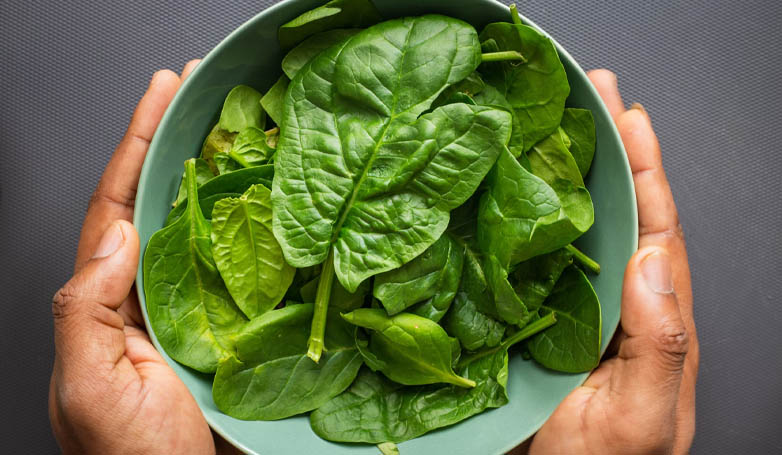
Leafy greens are a category of vegetables characterized by their green leaves and exceptional nutritional profile, often hailed as superfoods to lower blood sugar. These plants are low in calories but packed with vitamins, minerals, and fiber. Common examples include spinach, kale, collard greens, and Swiss chard. They are rich in antioxidants, which help reduce inflammation and protect against chronic diseases. Incorporating a variety of leafy greens into your diet can support healthy blood sugar levels due to their low glycemic index and high content of magnesium, a mineral known to help regulate blood sugar.
2. Berries
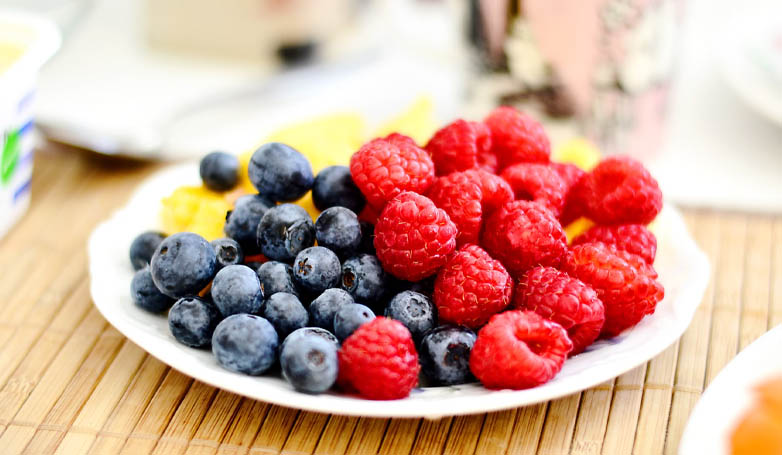
Berries, enormously rich in antioxidants and fiber, are powerful superfoods to lower blood sugar. These small yet potent fruits, such as blueberries, strawberries, raspberries, and blackberries, have a low glycemic index, meaning they cause a minor, more gradual rise in blood glucose levels. Consuming them can improve insulin response and aid in the management of diabetes. Their high vitamin and mineral content also contributes to overall health, making berries a dual-purpose addition to a diabetic-friendly diet.
3. Whole Grains
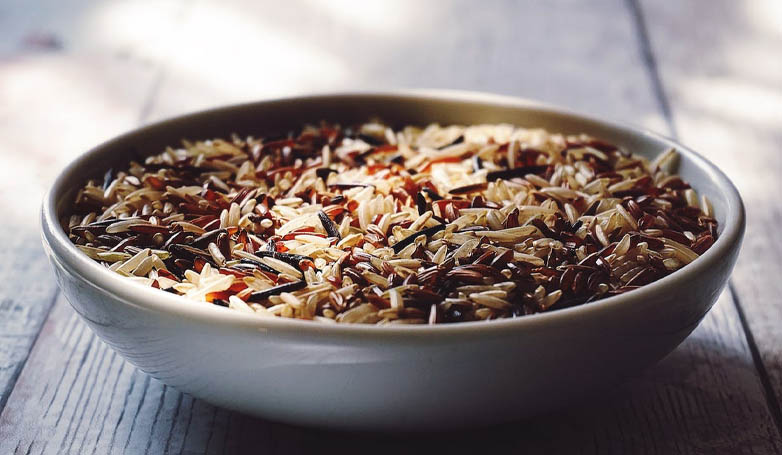
Whole grains are widely recognized as superfoods to lower blood sugar due to their low glycemic index, which prevents rapid spikes in glucose levels. These grains are rich in fiber, which slows digestion and stabilizes blood sugar. By replacing refined grains with whole options like brown rice, quinoa, oats, and barley, individuals can manage their diabetes more effectively. Nutrients such as magnesium found in whole grains also play a vital role in insulin regulation. Regular consumption supports a healthy metabolism and may reduce the risk of developing type 2 diabetes.
4. Nuts
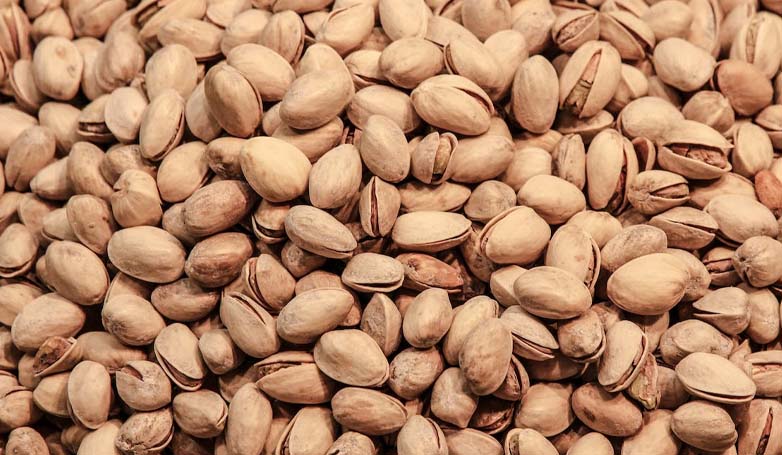
Nuts are recognized as superfoods to lower blood sugar due to their high fiber content and healthy fats. They help control glucose levels and improve insulin sensitivity, which are essential for managing diabetes. Almonds, walnuts, and pistachios, in particular, are linked to better glycemic control. With low glycemic indices, nuts can minimize blood sugar spikes when consumed as part of a balanced diet. Additionally, the magnesium found in nuts is crucial for glucose metabolism and may reduce the risk of diabetes.
5. Legumes
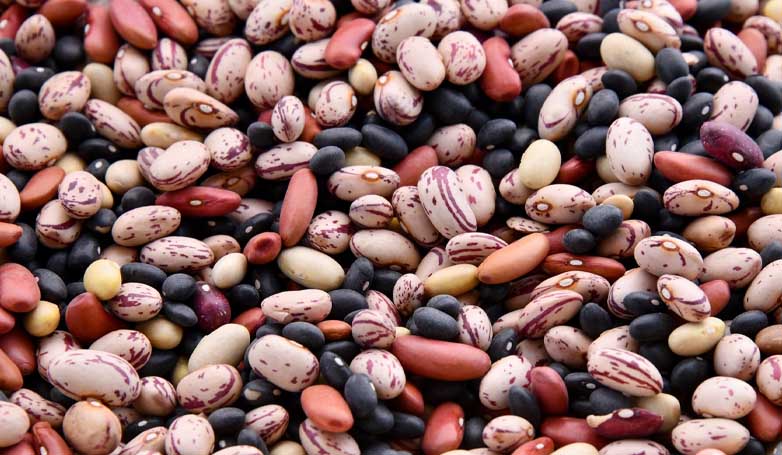
Legumes, such as beans, lentils, chickpeas, and peas, are considered superfoods to lower blood sugar. They are a staple in diabetic-friendly diets due to their low glycemic index, which prevents blood sugar spikes. Rich in fiber, they aid in slow sugar absorption, thus controlling glucose levels. Legumes also contain proteins vital for bodily functions and are low in fat. Regular consumption can improve overall health and assist in managing diabetes, a chronic condition affecting millions worldwide.
6. Avocado

Avocado is widely regarded as one of the most potent superfoods to lower blood sugar due to its significant content of healthy monounsaturated fats. These fats are essential for improving insulin sensitivity and, therefore, aiding in blood sugar control. Moreover, the high fiber content in avocados further assists in regulating blood glucose levels. This nutrient-dense fruit is also rich in vitamins, minerals, and antioxidants that support overall health, making it an excellent dietary choice for managing diabetes and promoting metabolic health. Adding avocado to a balanced diet can help minimize blood sugar spikes and maintain long-term blood sugar stabilization.
7. Fish
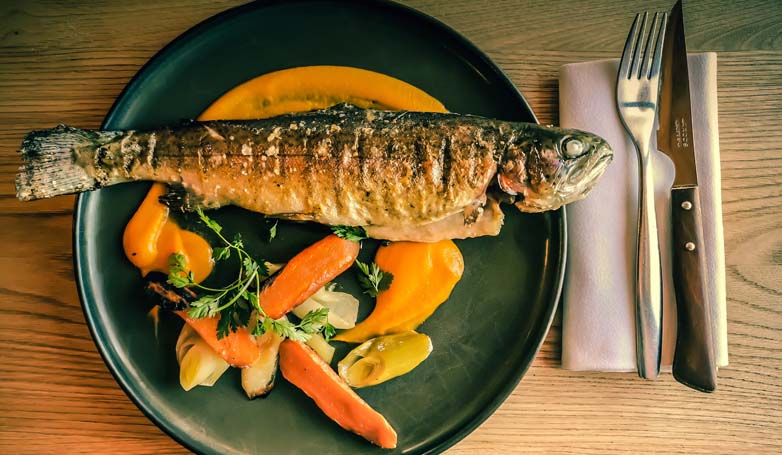
Fish, particularly fatty varieties like salmon, mackerel, and sardines, are considered superfoods to lower blood sugar due to their high omega-3 fatty acid content. Omega-3s are known to improve insulin sensitivity, reduce inflammation, and lower triglycerides, contributing to better blood sugar control. Including fish in a balanced diet can be beneficial for individuals managing diabetes or prediabetes. Research suggests consuming two to three servings of fatty fish per week to reap these metabolic health benefits.
Wave Goodbye to Sugar Spikes and Say Hello to Healthy Living!
Taking charge of your blood sugar levels can be a flavorful journey when you invite these superfoods to the party. By incorporating these natural goodies into your daily menu, you’ll not only revel in delicious meals and snacks but also embrace a lifestyle that supports stable blood sugar, vitality, and overall well-being. Say goodbye to the highs and lows of sugar spikes and hello to optimal health as you harness the power of what Mother Nature has so generously provided. Ready, set, munch your way to a happier, healthier you!
Superfoods to Lower Blood Sugar FAQ
Here are the most common questions about superfoods to lower blood sugar.
1. What foods should I avoid if my blood sugar is high?
You should avoid foods with a high glycemic index, including processed carbohydrates, sugary foods, and sugary drinks.
2. Can I eat fruit if my blood sugar is high?
Yes, but you should choose low-glycemic-index fruits such as berries, apples, and strawberries.
3. Should I consume carbohydrates if my blood sugar is high?
You should consume complex carbohydrates, such as brown rice and whole wheat bread, in moderation. They can provide sustained energy without causing a rapid increase in blood sugar.
4. Are there any foods that can help lower blood sugar levels quickly?
Yes, foods with a low glycemic index, including leafy greens, nuts, and avocados, can help lower blood sugar levels quickly.
5. How much should I eat if my blood sugar is high?
It’s important to follow portion control guidelines and consult with a healthcare provider or registered dietitian to determine an appropriate meal plan based on your individual needs.












